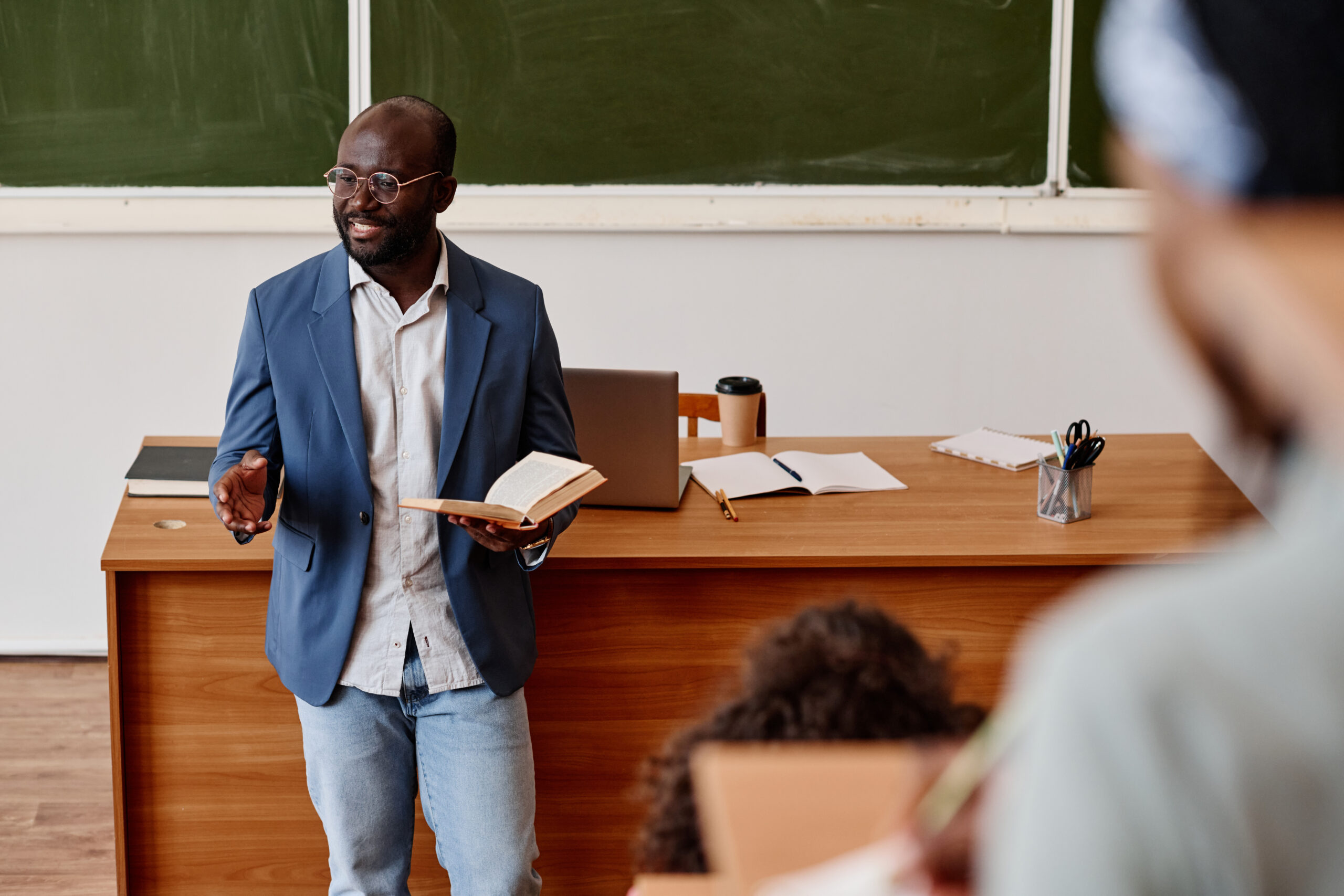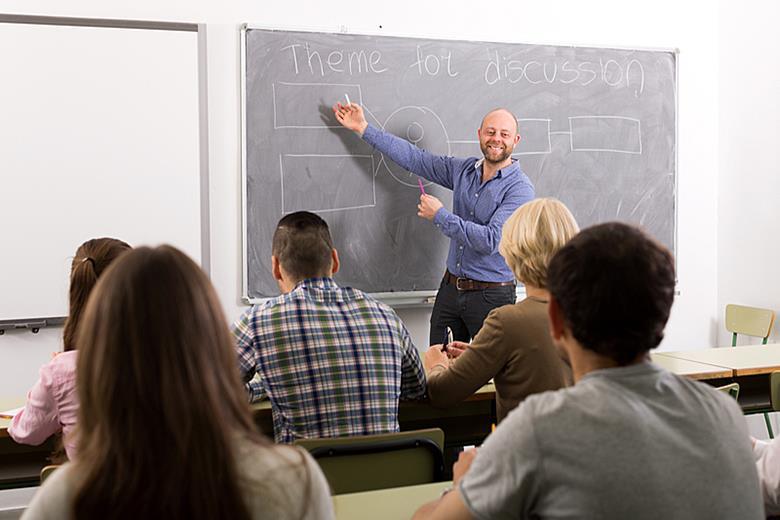Discover the Best Primary Science Tuition Singapore for Your Learning Journey
Discover the Best Primary Science Tuition Singapore for Your Learning Journey
Blog Article
Discovering the Different Training Techniques in Primary Science Education And Learning Today
Inquiry-based learning, hands-on experiments, and the assimilation of modern technology are redefining just how instructors involve young minds. In addition, collaborative strategies and separated direction are being utilized to provide to the varied demands of pupils, improving both involvement and understanding.
Inquiry-Based Knowing
Inquiry-Based Knowing (IBL) is a pedagogical method that encourages trainees to explore clinical concepts through wondering about, examination, and hands-on testing. This technique emphasizes the role of trainees as energetic participants in their learning, advertising critical thinking and problem-solving skills. By involving with real-world inquiries, trainees become curious and determined, which improves their understanding of scientific concepts.
In IBL, instructors serve as facilitators, guiding students as they browse their queries rather than supplying info directly. This student-centered method permits for distinction, accommodating numerous discovering speeds and designs. Trainees develop skills in formulating hypotheses, creating experiments, and examining information, which are important for scientific literacy.
Furthermore, IBL fosters cooperation amongst students, urging them to share findings and ideas. This collective questions promotes social abilities and a feeling of neighborhood within the class. In addition, the process of questions motivates strength, as students discover to embrace failure as a tipping rock toward understanding.
Hands-On Experiments
Hands-on experiments are an important part of reliable science education, enhancing the principles of inquiry-based discovering. These experiments permit students to engage straight with clinical concepts, fostering a much deeper understanding via experiential knowing. By adjusting products and observing results, young students can understand abstract concepts in substantial ways.
Such activities advertise crucial thinking and analytical abilities, as trainees assume outcomes, conduct experiments, and examine outcomes. This procedure encourages them to ask concerns, fine-tune their understanding, and create a scientific mindset. Hands-on experiments can be tailored to diverse learning styles, making sure that all pupils have the opportunity to involve meaningfully with the web content.
Moreover, hands-on experiments frequently encourage collaboration among peers, advertising synergy and communication abilities. Operating in teams makes it possible for pupils to share concepts, discuss searchings for, and gain from each other, which boosts their total academic experience.
Integrating hands-on experiments into the main scientific research educational program not only enriches the finding out setting yet additionally grows a lifelong interest in scientific research. By actively taking part in their education, pupils are most likely to create an interest for clinical inquiry that extends beyond the class.

Modern Technology Integration
Integrating innovation into main scientific research education and learning has actually ended up being progressively crucial in fostering student interaction and enhancing learning outcomes. Using electronic devices, such as interactive simulations, online laboratories, and instructional software application, supplies pupils with chances to discover clinical ideas in ingenious methods. These sources assist in a deeper understanding of complex subjects by permitting learners to imagine and manipulate variables that would be unwise in a typical class setting.
Furthermore, technology combination motivates individualized learning experiences. Students can proceed at their very own speed, revisiting challenging concepts through multimedia sources, which satisfy various knowing designs. This versatility not only supports private growth but likewise cultivates a feeling of freedom in learners.
In addition, modern technology offers as a bridge to real-world science, connecting pupils with present research and expert payments. Access to clinical journals and online data sources expands pupils' viewpoints on scientific inquiry and fosters vital assuming skills.
Collaborative Understanding
Collective learning plays a crucial role in key science education by cultivating teamwork and interaction skills among pupils. This strategy encourages students to work together, share expertise, and take part in analytical, which boosts their understanding of scientific principles. By joining group tasks, pupils learn to express their concepts, listen to varied point of views, and bargain services, every one of which are vital abilities in both real-world and academic contexts.

Study suggests that collective learning can result in raised motivation and interaction in scientific research subjects, as trainees locate enjoyment in shared experiences (primary science tuition Singapore). Furthermore, this strategy prepares trainees for future collaborative endeavors, equipping them with the abilities necessary for reliable synergy in college and professional settings. Inevitably, embracing collective understanding in primary science education can considerably enhance the discovering experience and advertise a much deeper More Info understanding of clinical inquiry
Distinguished Direction

Differentiated instruction can show up in various methods, such as differing the content, processes, or items of learning. As an example, educators may utilize tiered jobs that offer varying degrees of complexity, enabling trainees to operate at their particular preparedness degrees. Furthermore, flexible organizing techniques can assist in partnership among trainees with different capacities, fostering peer discovering.
Analysis plays an essential duty in this strategy, as it notifies instruction and helps instructors understand each student's distinct demands. Developmental evaluations, such as tests and monitorings, can assist teachers in readjusting their methods to boost discovering results. primary science tuition Singapore. Ultimately, by executing set apart direction in primary scientific research education, teachers can grow a much more fair and reliable knowing setting, empowering all students webpage to reach their full potential in recognizing clinical sensations
Final Thought
In recap, the varied teaching strategies in main scientific research education and learning, including inquiry-based understanding, hands-on experiments, innovation combination, collaborative learning, and distinguished direction, collectively contribute to an extra effective understanding setting. These techniques promote critical reasoning, problem-solving skills, and a deeper comprehension of clinical ideas. By applying these techniques, instructors can produce supportive and interesting classrooms that attend to the varied demands of trainees, eventually fostering a long-lasting rate of interest in scientific research and boosting academic success.
Inquiry-Based Knowing (IBL) is a pedagogical technique that motivates pupils to check out scientific principles with questioning, investigation, and hands-on trial and error.Joint understanding plays a vital function in key scientific research education and learning by cultivating synergy and interaction skills amongst students.Research study indicates that joint learning can lead to raised inspiration and engagement in science subjects, as trainees discover pleasure in common experiences.In cultivating an inclusive discovering setting, set apart guideline emerges as a vital technique to suit the diverse needs and capacities of pupils in primary scientific research education and learning. Ultimately, by implementing distinguished instruction in primary science education, teachers can cultivate a more equitable and efficient knowing atmosphere, encouraging all pupils to reach their complete go to my site possibility in recognizing scientific phenomena.
Report this page